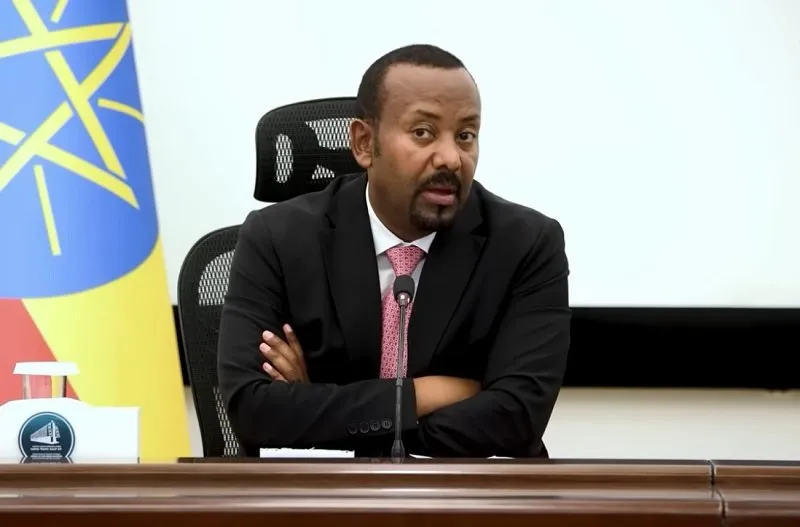Ethiopian Prime Minister Abiy Ahmed has claimed that some business people are contributing significantly to the ongoing conflict in the country, saying that around 60% of the instability in the country is driven by wealthy individuals who support armed groups.
Speaking at a national meeting with business representatives, Ahmed said that the support some business people are giving to armed groups contradicts their public endorsement of peace. “60% of the instability that is shaking the peace of Ethiopia is fueled by business people, Ethiopians who support armed groups,” he said. He did not name specific individuals or companies.
He called on business leaders who publicly advocate for peace to withdraw their support for armed groups and instead encourage dialogue. Ahmed did not elaborate on the potential talks or which groups would be involved, but said, “We are ready to negotiate with anyone who truly seeks peace.”
Prime Minister is Thought to Have Referred to Fano and OLA Groups
Although the prime minister did not specify a specific group, his statements are believed to be directed at groups such as the Fano and the Oromo Liberation Army (OLA), which have increased their operations in Amhara and Oromia regions following the federal government’s 2023 campaign to disarm regional militias. The conflict with the OLA has been ongoing for more than six years.
Peace Minister Mohammed Endris recently claimed that the federal government had regained control over almost all districts in the Amhara region, with only two out of 265 districts remaining outside government jurisdiction. He claimed that more than 80% of the region’s administrative structures were functional and most cities were now peaceful.
However, these claims are denied by Fano forces, who claim they still control large swaths of territory, including significant areas in South Gondar, Gojam, North Wollo and North Shewa. Independent verification remains difficult due to restricted access and ongoing hostilities.
The conflict has taken a heavy toll on civilians. The UN Office for the Coordination of Humanitarian Affairs (OCHA) reported that more than 800,000 people were displaced in Amhara in 2024 alone, with more than 4.5 million in need of humanitarian assistance. In addition, more than 3,600 schools remain closed and more than four million students are out of class.
‘All Ethiopians Must Actively Participate in Peacebuilding Efforts’
Prime Minister Abiy Ahmed addressed broader issues of governance and public safety, stressing that maintaining law and order was the government’s responsibility, but also called on all Ethiopians to actively contribute to peacebuilding efforts. He criticized the idea that peace should be the sole burden of the government.
Business leaders also expressed concern about alleged corruption at government checkpoints, where officials are said to be demanding payment under the pretext of inspecting goods and controlling arms smuggling. In response, Ahmed pledged to reform inspection procedures and eliminate unethical practices.
The prime minister called for collective action to restore national stability, warning that continued business-backed violence would deepen Ethiopia’s turmoil.



